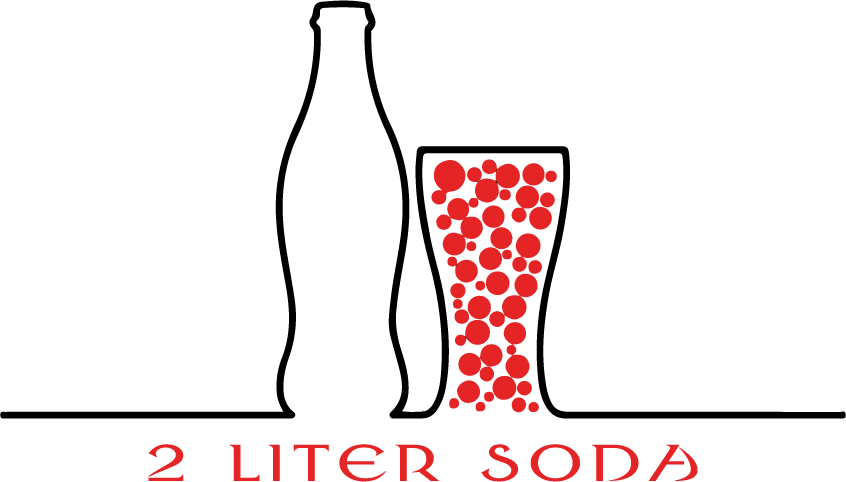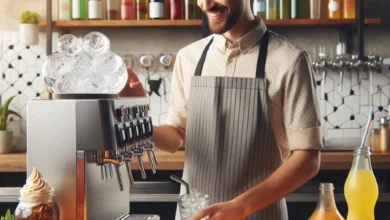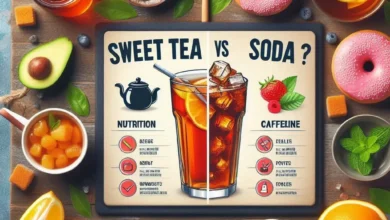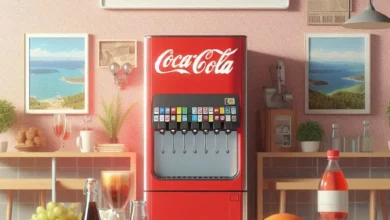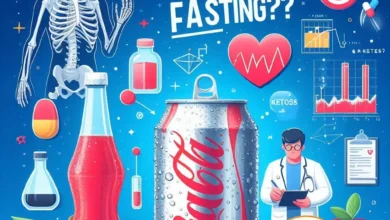Can You Drink Soda with Braces?
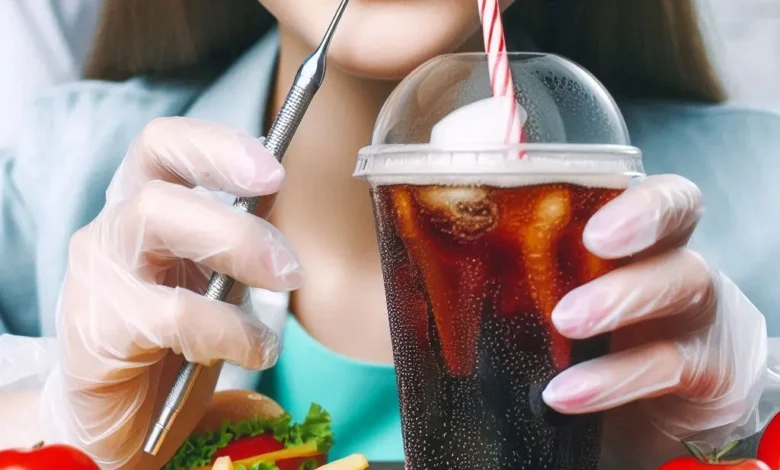
1. Introduction to Braces and Oral Health
Braces are crucial in correcting teeth alignment, improving both function and aesthetics. Whether traditional metal braces or more modern clear aligners, they work by applying pressure over time to shift teeth into better positions.
However, braces come with responsibilities, particularly regarding oral hygiene. What you eat and drink can significantly impact your orthodontic treatment, and maintaining good oral health is critical to getting the best results.
2. The Impact of Diet on Braces
Your diet plays a critical role in the success of your orthodontic treatment. Certain foods and beverages can damage braces, leading to extended treatment time and additional costs.
Sticky and hard foods like gum, caramel, and nuts can break brackets or dislodge wires. However, liquids, especially sugary and acidic drinks, pose a different type of threat—one that is less obvious but just as damaging.
3. Soda: What Is It Made Of?
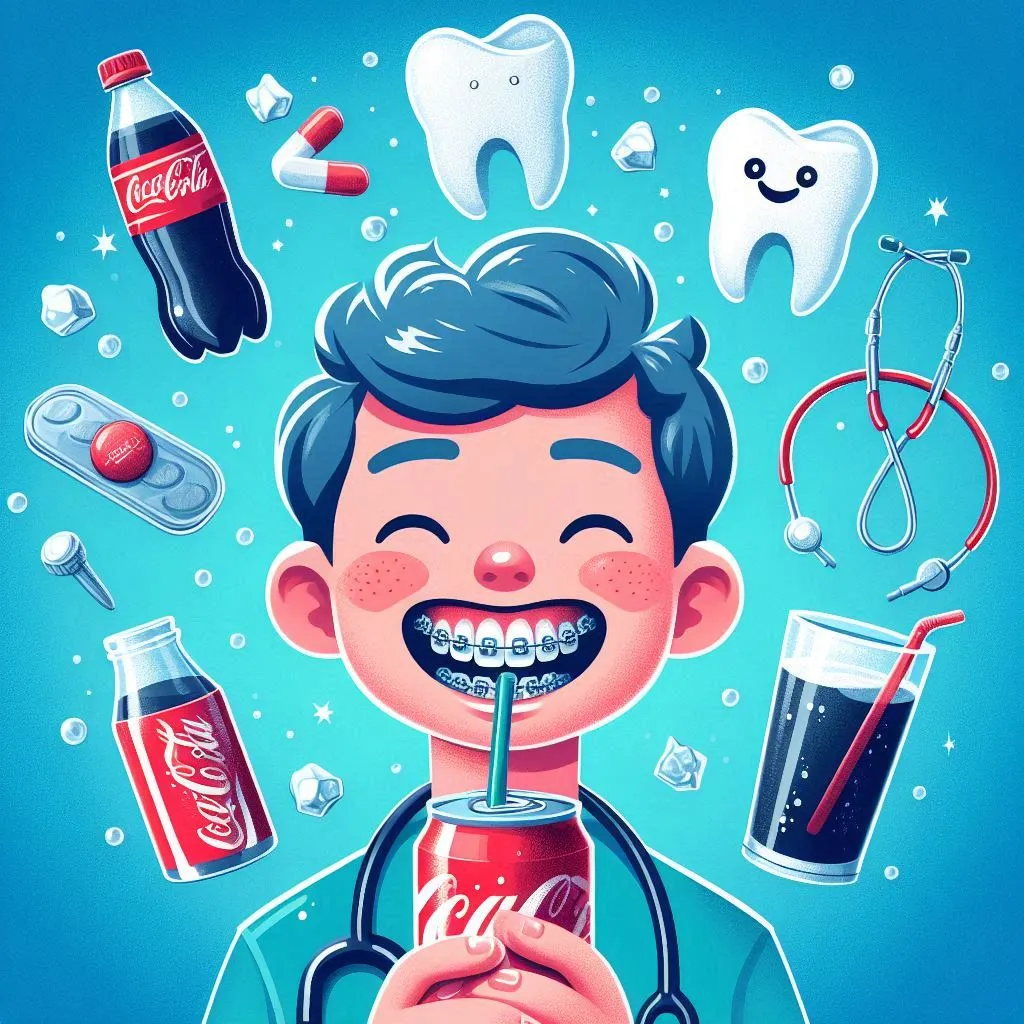
Soda is a carbonated drink typically containing water, sugar, caffeine, and various flavourings. The combination of high sugar content and acids, such as phosphoric or citric acid, makes soda especially harmful to teeth.
Whether you have braces or not, soda can weaken tooth enamel, but when you have braces, the risk of damage increases significantly.
4. Soda and Sugar: A Harmful Combination
The high sugar content in soda creates a breeding ground for bacteria in your mouth. When these bacteria consume sugar, they produce acid as a byproduct.
This acid attacks tooth enamel, the protective layer of your teeth. If you have braces, sugar can become trapped around the brackets and wires, making it harder to clean your teeth properly. This leads to an increased risk of cavities and decay.
Read more: Can You Drink Diet Soda While Fasting?
5. Acidic Nature of Soda
In addition to the sugar, soda is highly acidic. The acidity erodes the enamel of your teeth, weakening them and making them more susceptible to decay and sensitivity.
This erosion can happen around the brackets for individuals with braces, leaving behind permanent white spots or cavities once the braces are removed. Acidic beverages like soda can also cause discomfort by irritating the gums.
6. Can You Drink Soda with Braces?
While you technically can drink soda with braces, it is strongly advised against it. The combination of sugar and acid is extremely harmful to your teeth and your orthodontic appliances.
Drinking soda with braces increases the risk of tooth decay and gum irritation and prolongs the overall treatment time.
If you want the best outcome from your braces, it is best to avoid soda altogether during your treatment.
7. Short-Term and Long-Term Effects of Soda
Drinking soda with braces can have both short-term and long-term consequences. In the short term, soda can lead to stained brackets and increased plaque buildup.
Long-term consumption, however, can cause irreversible damage, such as decalcification of tooth enamel, leading to permanent white spots and cavities.
After removing your braces, this damage will be visible and may require additional dental treatments.
8. Types of Soda to Avoid
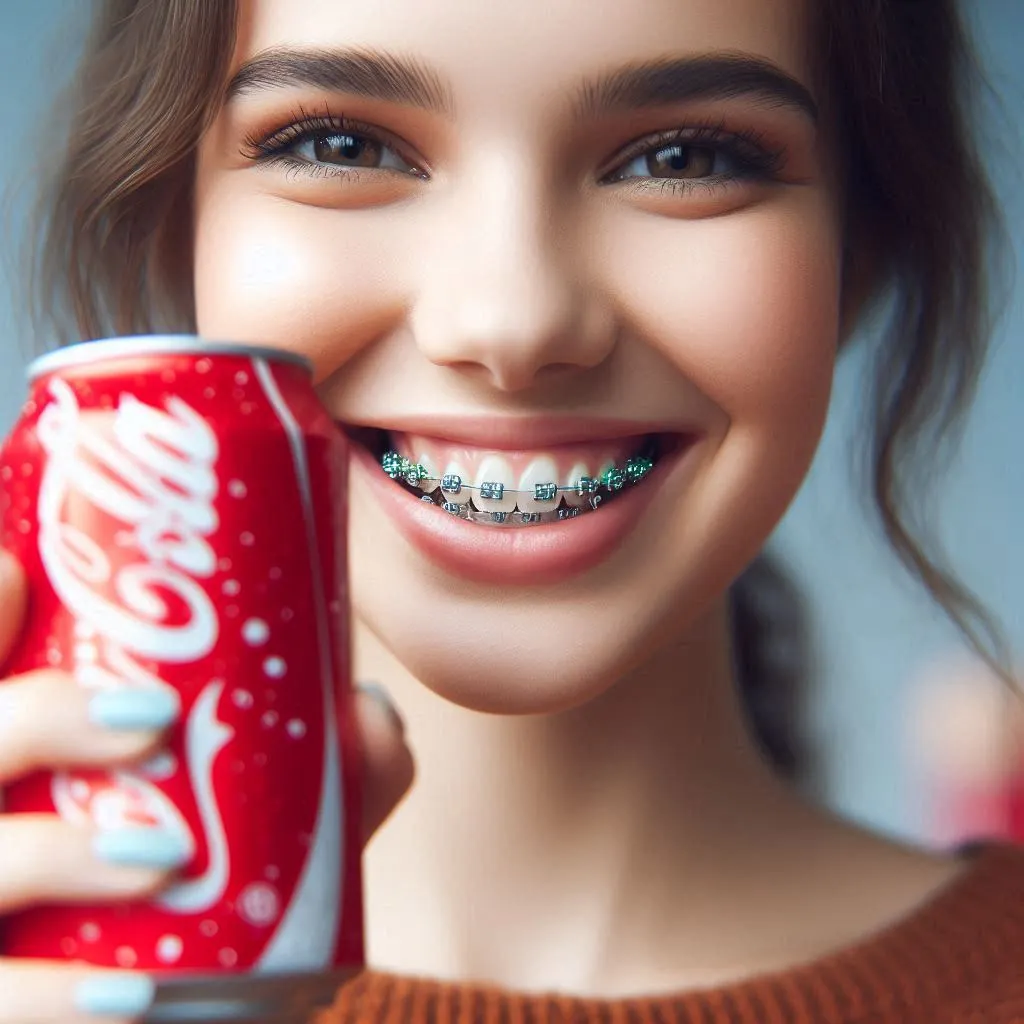
Not all sodas are created equal, but none are ideal for braces wearers. Regular sodas contain a high amount of sugar and acids that can damage your teeth.
Diet sodas, while sugar-free, still contain acids that can erode enamel. Energy drinks and flavoured sparkling waters can be equally harmful due to their acidity.
It’s best to steer clear of all carbonated beverages while wearing braces.
9. What Happens If You Drink Soda Anyway?
If you drink soda while wearing braces, you might notice a sticky, sugary film on your teeth. This film can be challenging to remove, even with thorough brushing.
Over time, it can lead to plaque buildup, tooth decay, and damage to the braces. If you do drink soda, it’s essential to rinse your mouth with water immediately afterwards and brush as soon as possible to minimise the damage.
10. How Soda Can Affect Orthodontic Progress
Drinking soda regularly can slow down your orthodontic progress. The damage caused by sugar and acid can weaken teeth, which may lead to complications during treatment.
If your teeth are not in optimal health, your orthodontist may need to adjust your treatment plan, possibly extending the time you need to wear braces. In severe cases, damaged teeth may require additional dental treatments, further delaying the completion of your orthodontic care.
11. Recommended Beverages for Braces Wearers
If you’re craving something flavorful to drink but want to protect your braces, plenty of safe alternatives exist. Water is always the best option for hydration and keeping your teeth clean.
Milk, particularly low-fat or non-fat varieties, is another good option, as it is rich in calcium and helps strengthen teeth.
Unsweetened tea and diluted fruit juices (without added sugars) are better choices than soda. Avoid sugary drinks and opt for beverages that support your overall dental health.
Don’t miss: How Much Does a Soda Machine Cost?
12. How to Protect Your Teeth if You Drink Soda
If you do decide to drink soda occasionally, there are a few strategies you can use to minimise the damage. First, try using a straw, which helps reduce the contact between the soda and your teeth. Second, limit your soda intake to mealtimes when your mouth produces more saliva, which can help neutralise some acids. Finally, brush and floss after drinking soda to remove lingering sugars and acids from your teeth and braces.
13. The Role of Regular Dental Check-Ups
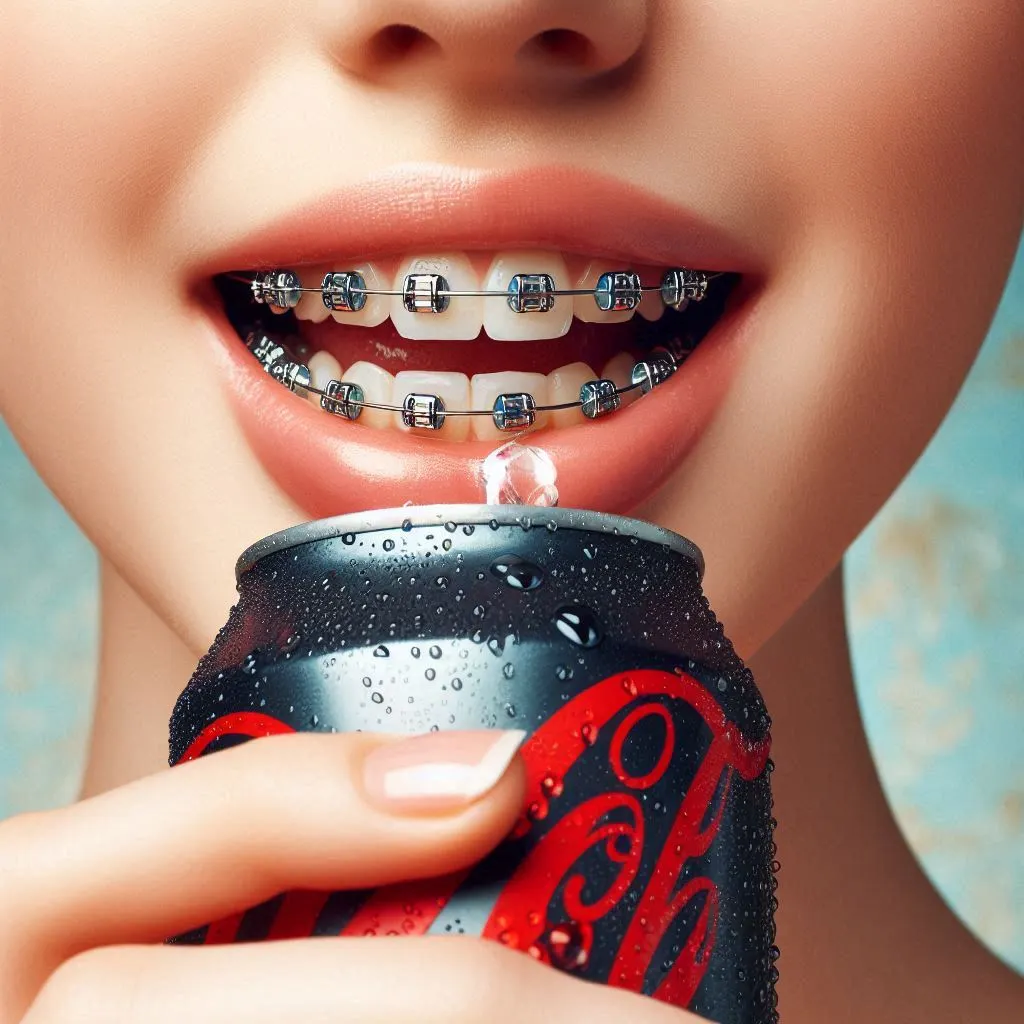
Even if you take every precaution, regular dental check-ups are essential during orthodontic treatment. Your dentist and orthodontist can monitor the health of your teeth and gums and detect any early signs of damage caused by soda or other dietary habits.
They can provide professional cleanings, adjust your braces as needed, and give personalised advice to keep your treatment on track.
14. Personal Responsibility and Awareness
Wearing braces is an investment in your future smile, and it requires a commitment to good oral hygiene and responsible eating and drinking habits. By understanding the risks associated with certain foods and drinks, such as soda, you can make informed decisions that will benefit your orthodontic treatment.
Take responsibility for your oral health by being mindful of what you consume and staying dedicated to your orthodontic care routine.
15. Conclusion: Make Wise Choices with Braces
Braces are a valuable tool in achieving a straight, healthy smile, but they require care and attention to be effective. Soda is one of the most harmful beverages you can consume while wearing braces due to its high sugar content and acidic nature. By avoiding soda and opting for healthier alternatives, you can protect your teeth, ensure your orthodontic treatment stays on track, and enjoy a beautiful smile once your braces come off.
